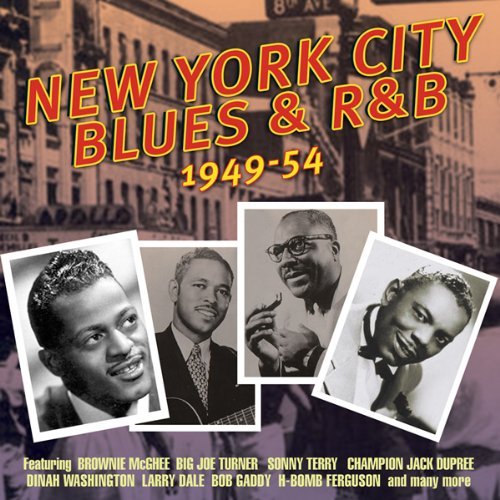
description
6Building upon the expertise of the authors and historians of the Naval Institute Press, the Naval History Special Editions are designed to offer studies of the key vessels, battles, and events of armed conflict. Using an image-heavy, magazine-style format, these Special Editions should appeal to scholars, enthusiasts, and general readers alike. USS Alabama (BB-60) is the fourth and final South Dakota-class battleship completed for the United States Navy. Entering service in 1942, she became one of ten new fast battleships the United States commissioned from 1941 to 1944. This volume narrates the story of Alabama's construction, design, functioning, deployments during World War II, crew experiences, commanding officers, and second life as a museum ship. During the war, her nine 16-inch/45 caliber main guns fired 1,252 rounds at enemy targets. Her secondary batteries, twenty 5-inch/38 caliber guns, were part of the most effective anti-aircraft screening actions of any navy during the war. They combined with Alabama's 40 mm and 20 mm cannons to down 22 Japanese warplanes in the central and western Pacific. Alabama earned nine battle stars for her participation in such battles as the Gilbert Islands, the Marshall Islands, the Philippine Sea, Leyte Gulf, and Okinawa. She finished the war by bombarding the Japanese Home Islands, deploying a contingent of Marines to Japan, and transporting home U.S. service members from the western Pacific. All the while, her crew adjusted to the varying demands of patrols through frigid seas above the Arctic Circle, amid the heat and humidity of equatorial latitudes, and during two deadly western Pacific typhoons. She returned to the United States to form part of the reserve fleet until the early 1960s, when "the Mighty A" was transferred to the state of Alabama to serve as the centerpiece of a memorial park on the shores of Mobile Bay.
member goods
No member items were found under this heading.
notems store
listens & views

NEW YORK CITY BLUES & ...
by NEW YORK CITY BLUES AND RANDB: 1949-54
COMPACT DISCout of stock
$18.49
Return Policy
All sales are final
Shipping
No special shipping considerations available.
Shipping fees determined at checkout.






